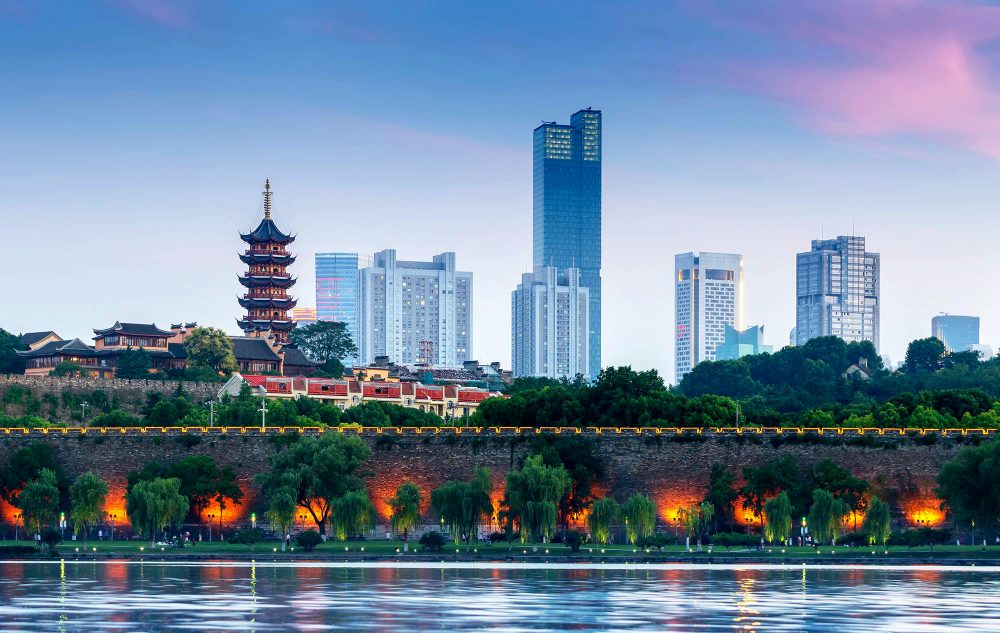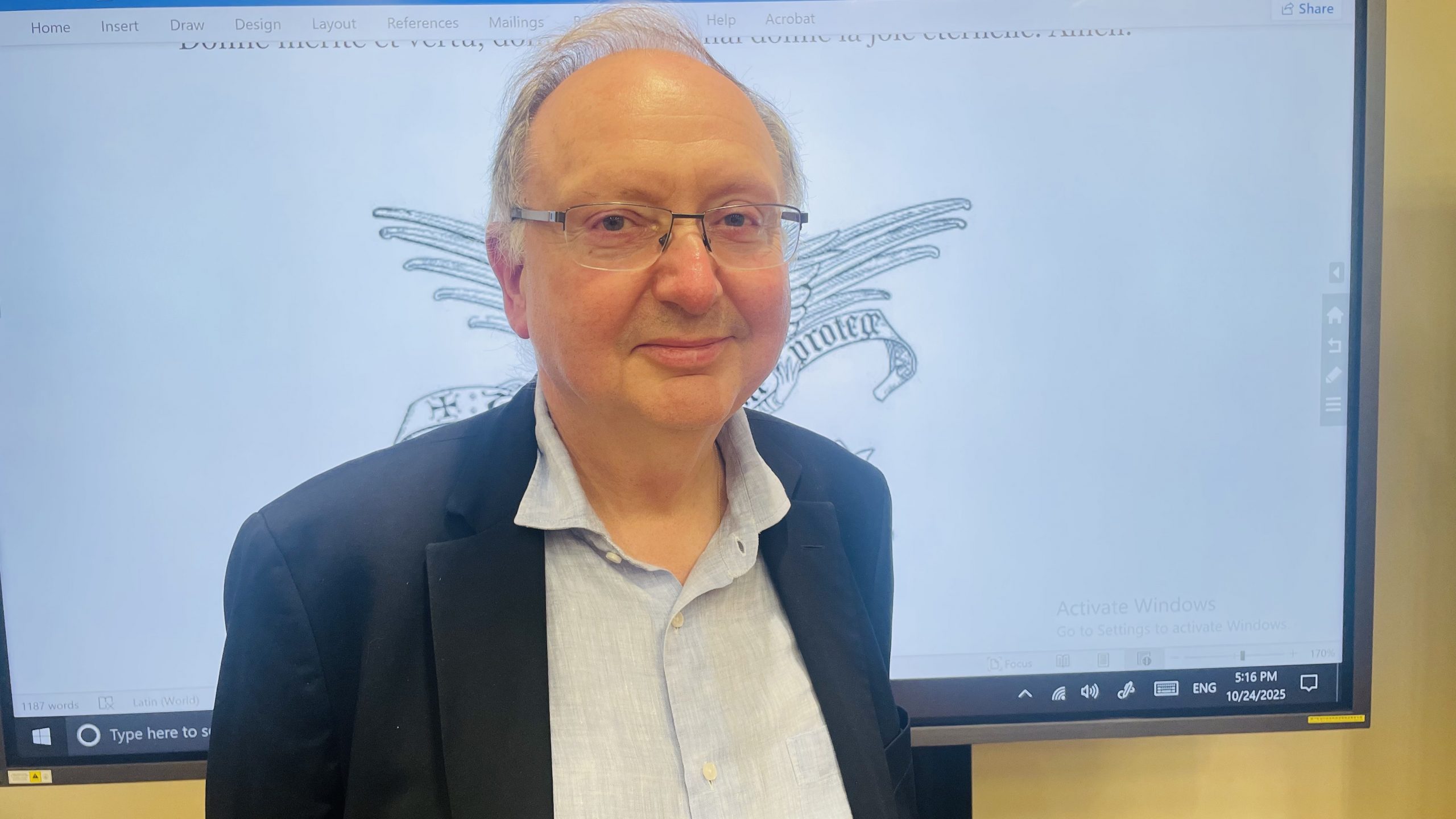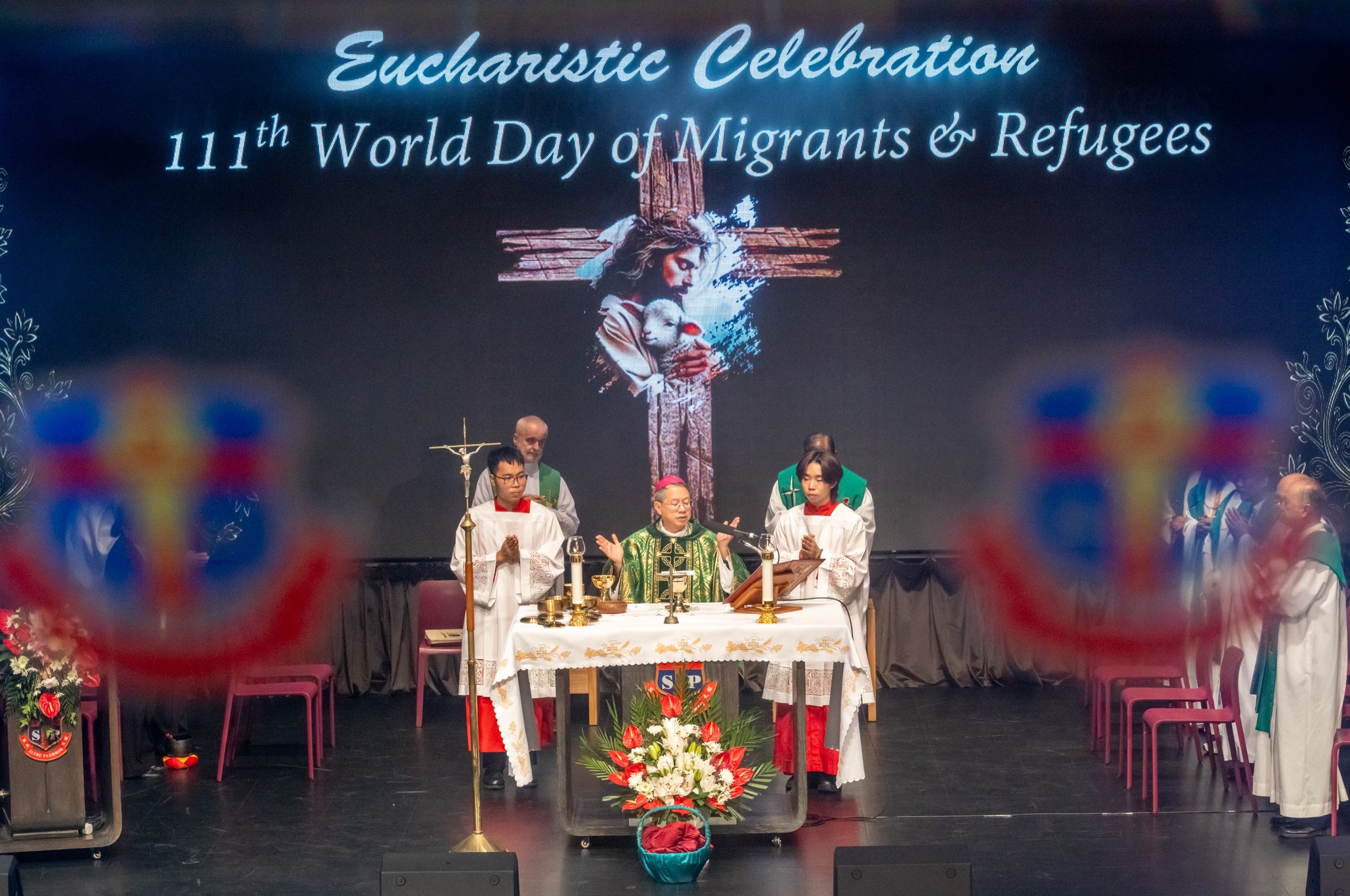Marco Carvalho
The Macau Ricci Institute (MRI), starting from next month, will launch a series of handbooks that aim to explore the opportunities and risks arising from a more conscious and in-depth dialogue with the People’s Republic of China.
The books, which will be first published in English and later translated into Chinese, are the result of the investigative work conducted by multiple researchers in domains such as economics, sociology, intercultural communication and business practices.
The collection, which has a third volume entirely dedicated to Macau, aims to address the needs of business practitioners, investors, students and instructors. It is a fundamental tool for all those who want to better understand the Belt and Road Initiative and how the global infrastructure development strategy drafted by the Chinese authorities can mutually benefit China and its partners.
Dialogue with China will also set the tone for the 2022 edition of the Macau Ricci Institute Annual Symposium, a prominent event that will take place from October 13th to October 15th. The Jesuit think tank proposes to analyze and discuss the impact the Covid-19 pandemic has had in the dialogue between the People’s Republic of China and the remaining economies, and to understand how this relationship can be revived so that all nations can benefit. “The aim of the Symposium is to showcase one of the core missions of the Macau Ricci Institute, namely to foster dialogue with China, especially in the context of the agreement between the Vatican and China. We will explore what it means to seek a genuine friendship with China on different levels, including philosophical, theological, sociological and economic perspectives,” Father Stephan Rothlin explains. Father Rothlin, the director of the Ricci Institute, also tells O Clarim, “This is closely related to the new series the MRI is going to launch next month by publishing the first of 6 volumes focused on ‘Dialogue with China – Opportunities and Risks.’”
The deadline for the reception of scientific papers should have ended last Wednesday, but it was extended until the end of May. The Macau Ricci Institute hopes to attract academics and speakers from around the world. The aim is to provide a sound contribution to a better understanding of the “extraordinary complexity of China.” Father Rothlin notes, “There is a risk of a largely distorted image of China. I do think that the Symposium will offer a platform for economists and social scientists to better understand the amazing complexity of China.” He continues, saying, “The Macau Ricci Institute has in the last two years consistently explored the question of how the pandemic can be recognized as a genuine opportunity, say, for people who tend to pretend that they are always busy: would the pandemic not offer a golden opportunity to calm down and go deeper with your prayer and contemplative life? Facing the misery and catastrophe of war, what can I do? What can we do – to engage in meaningful charitable activities?” Father Rothlin asks.


 Follow
Follow


